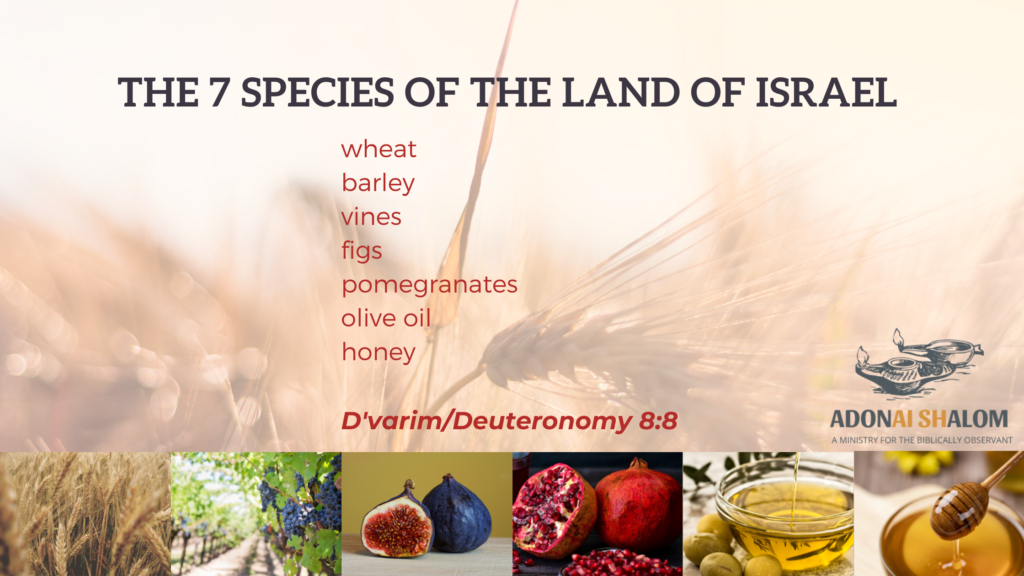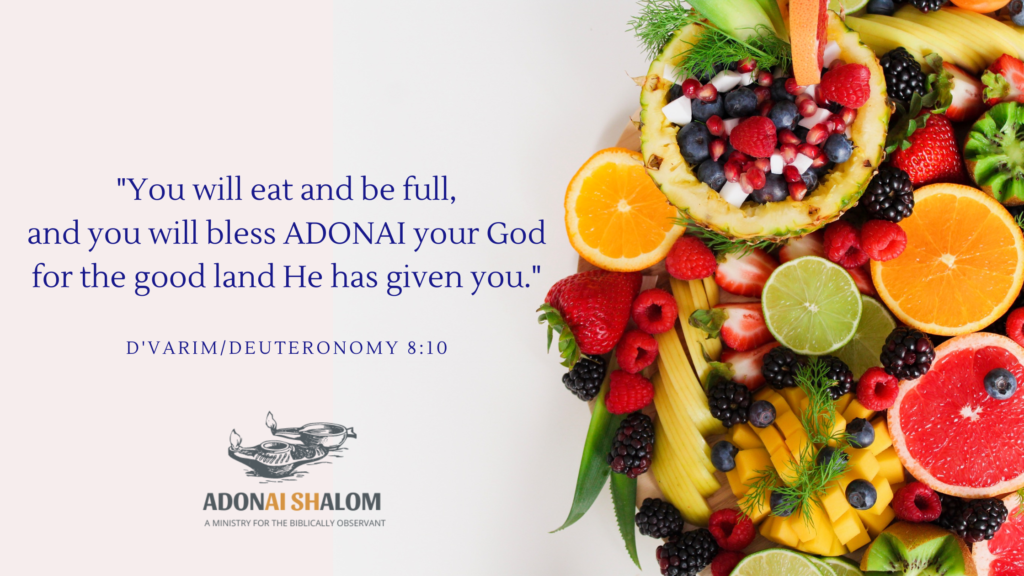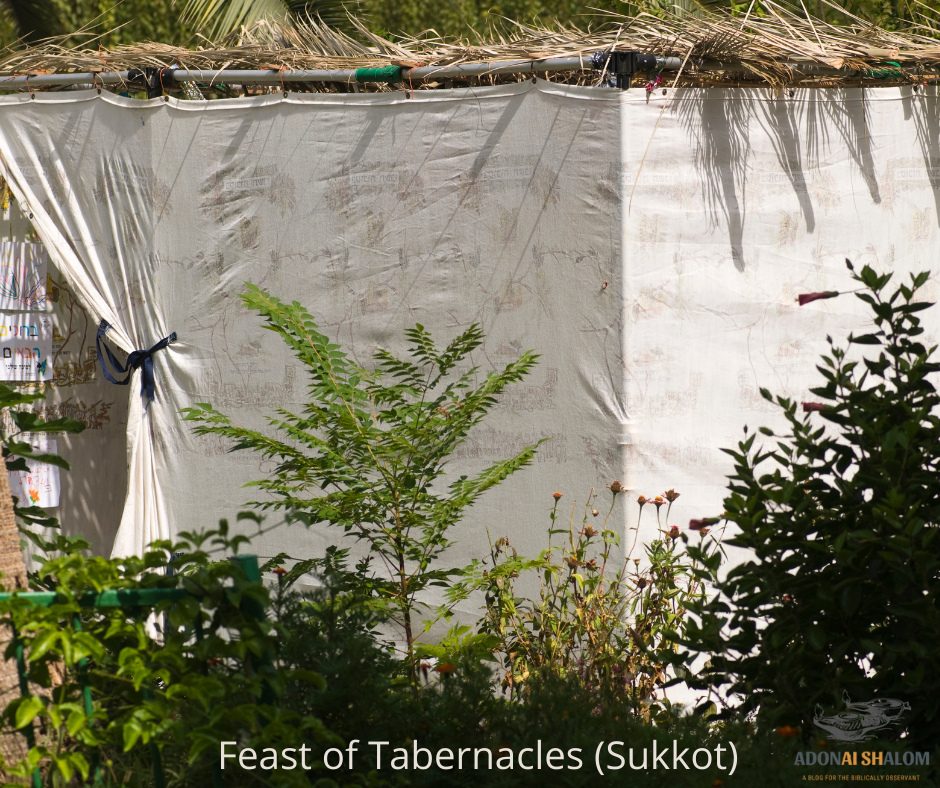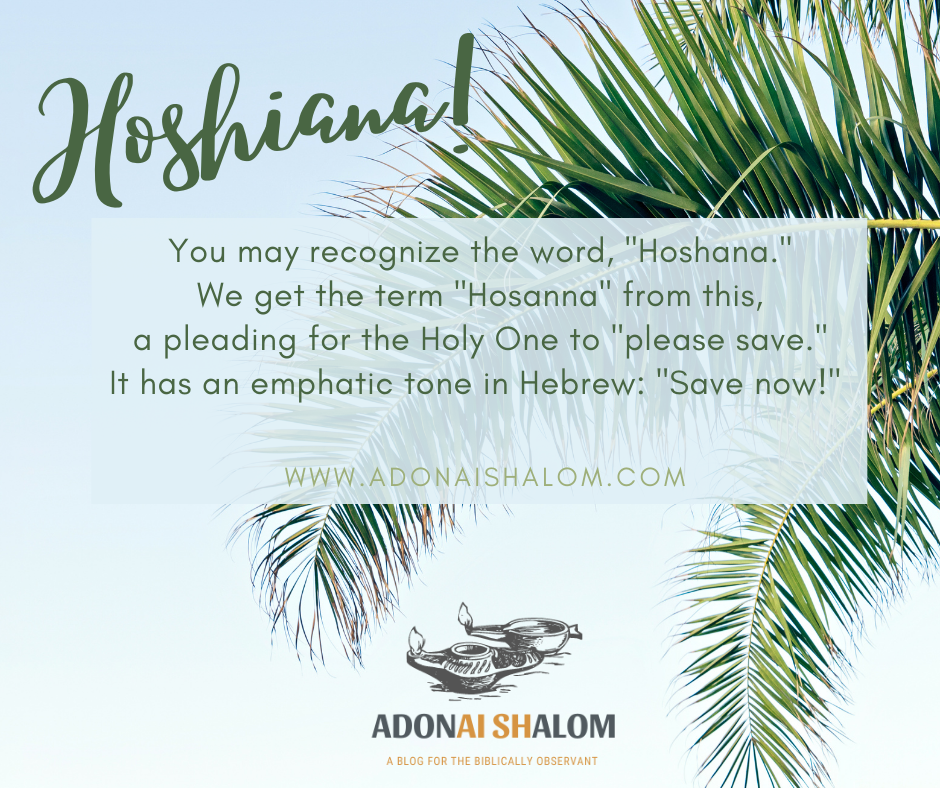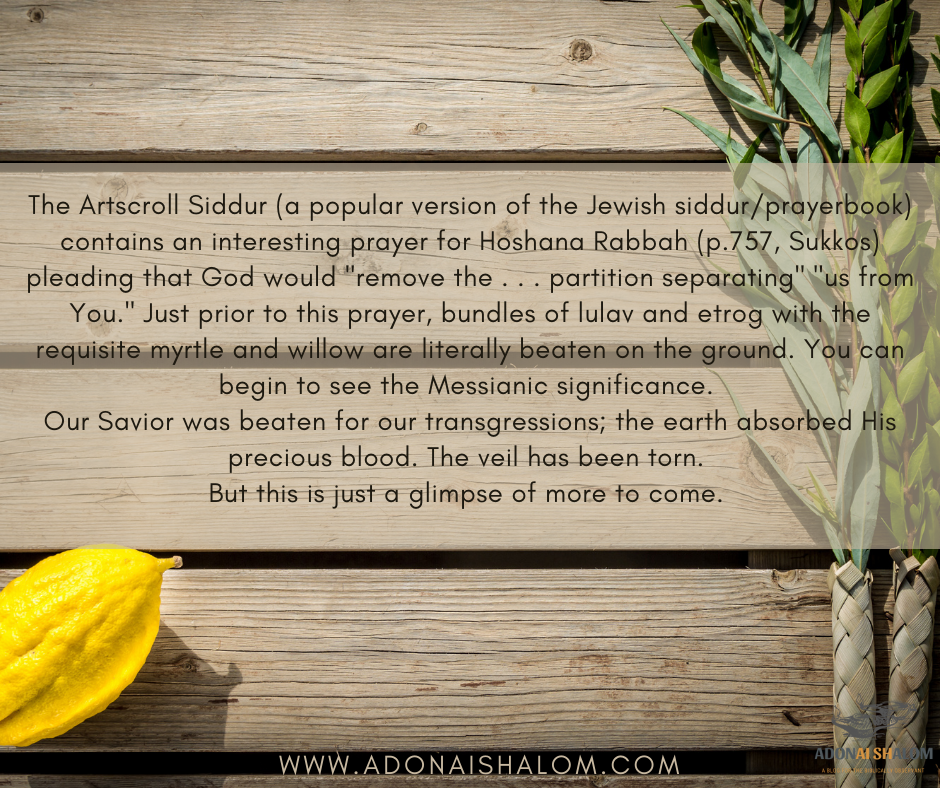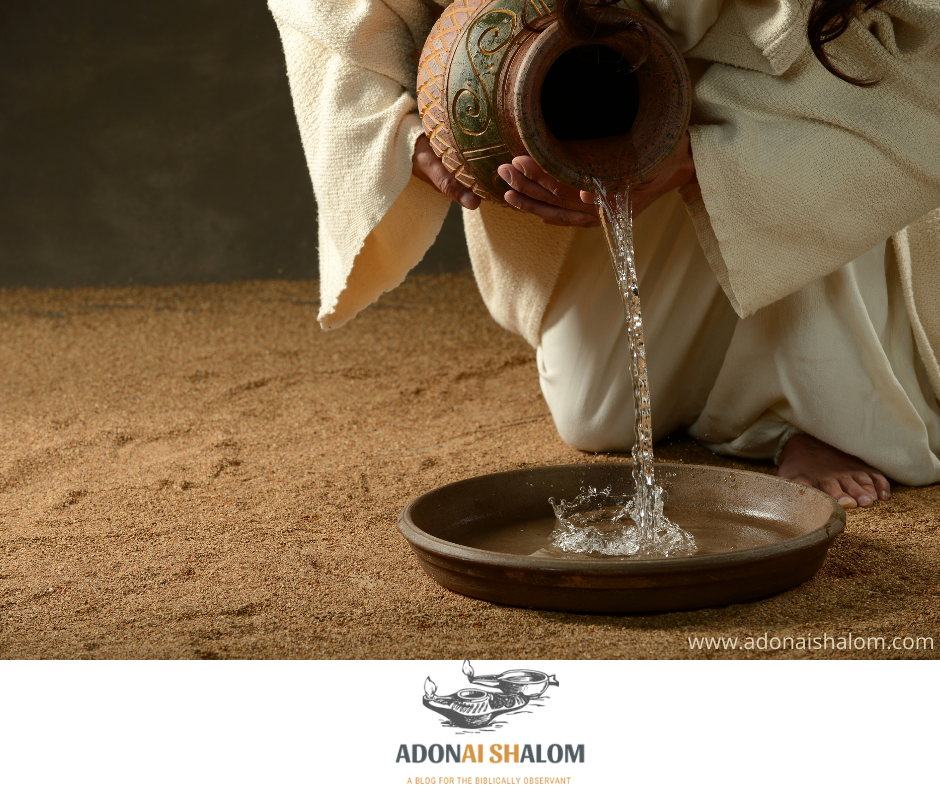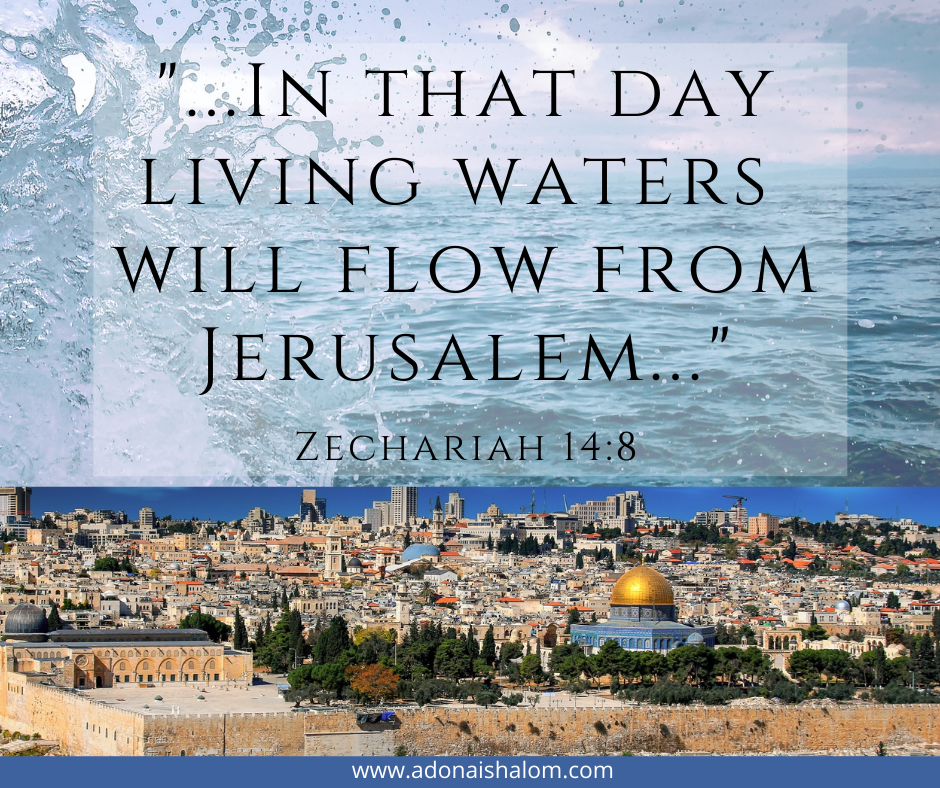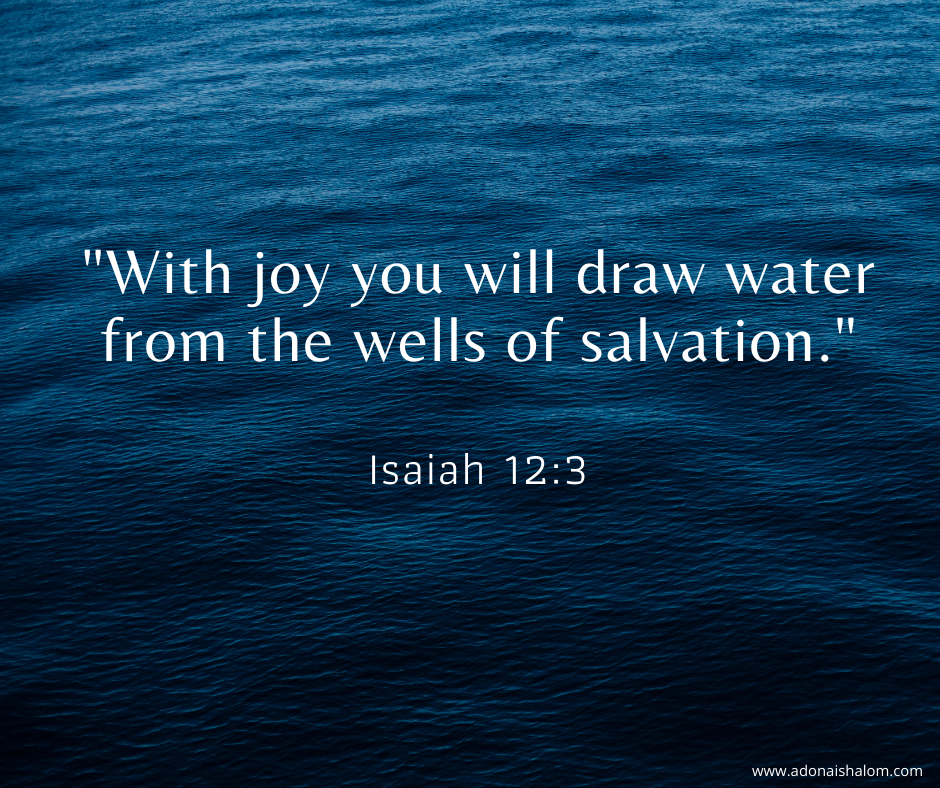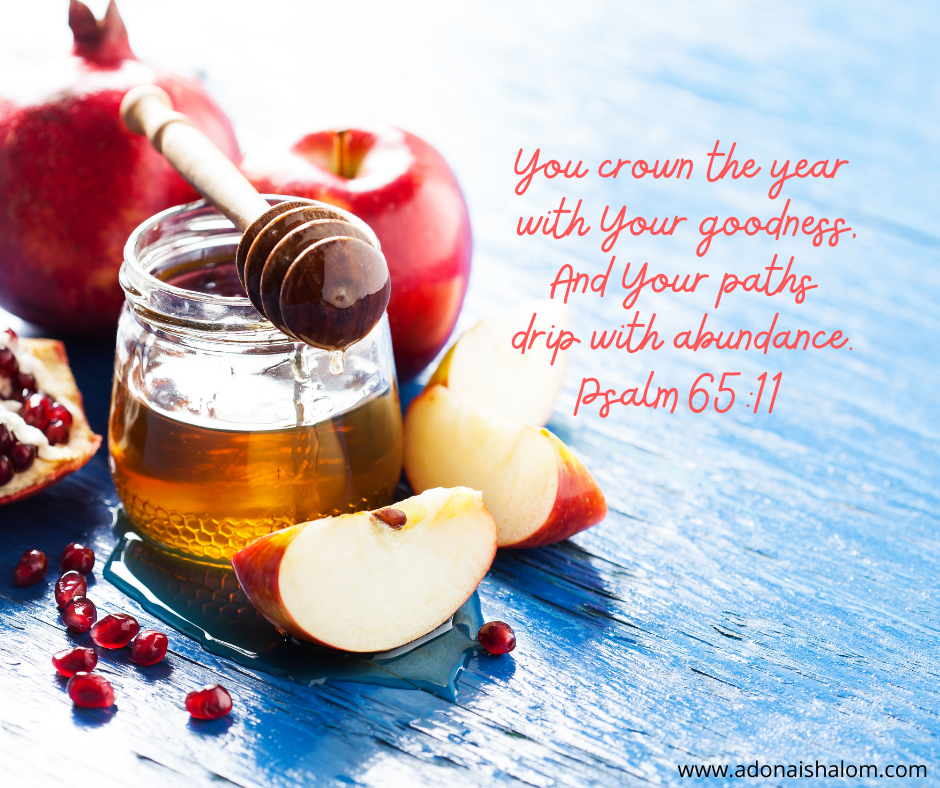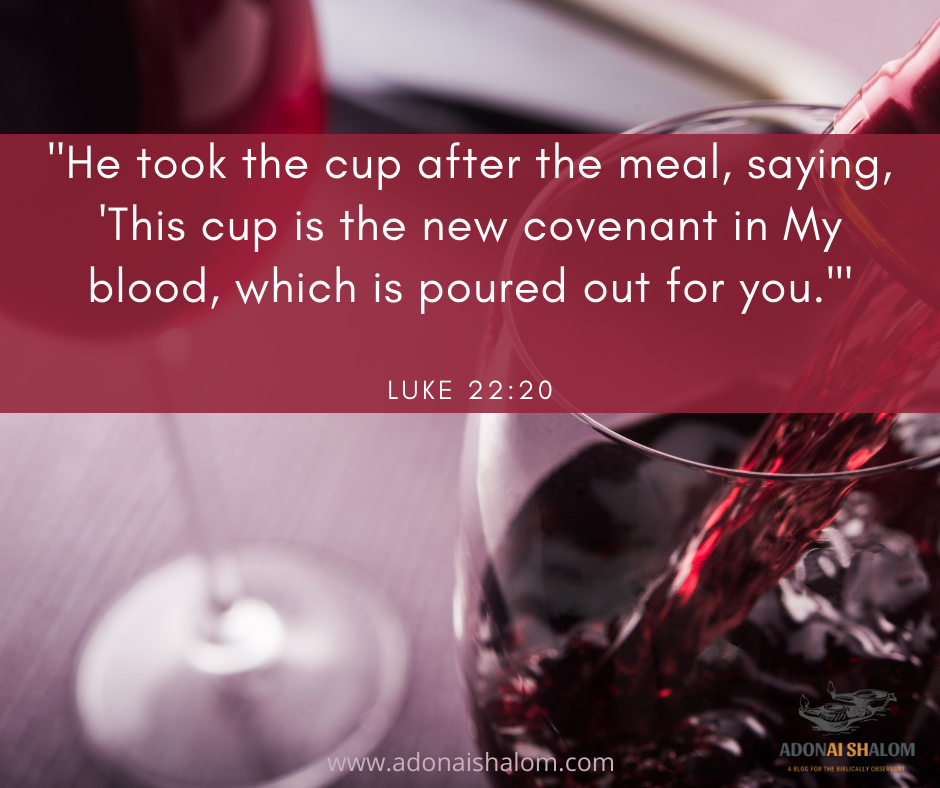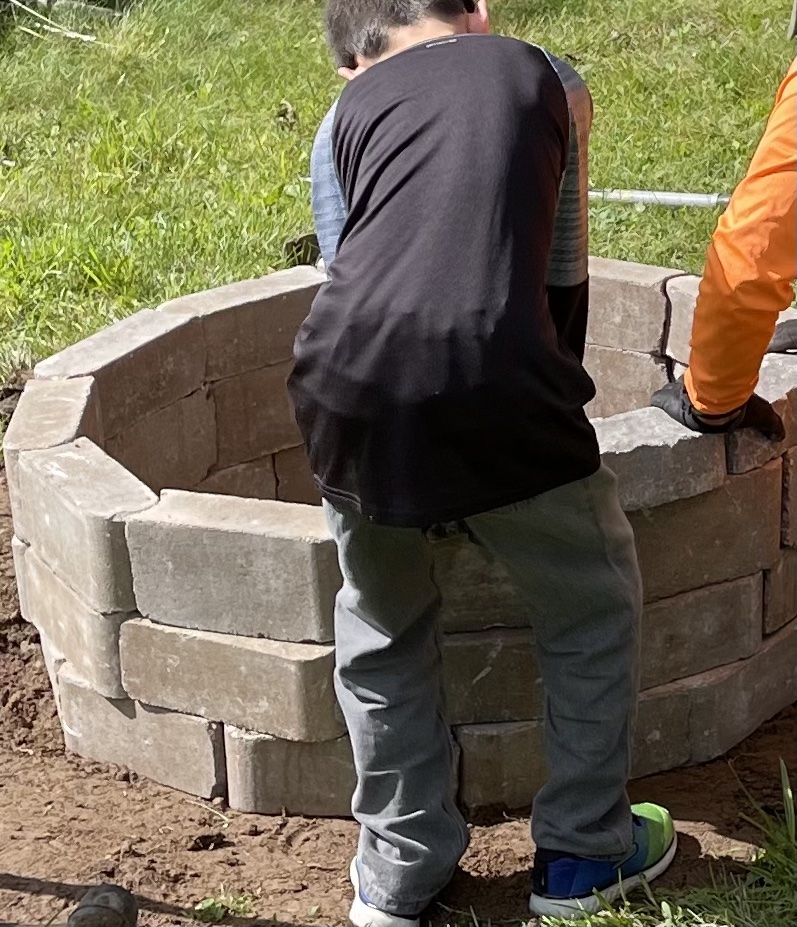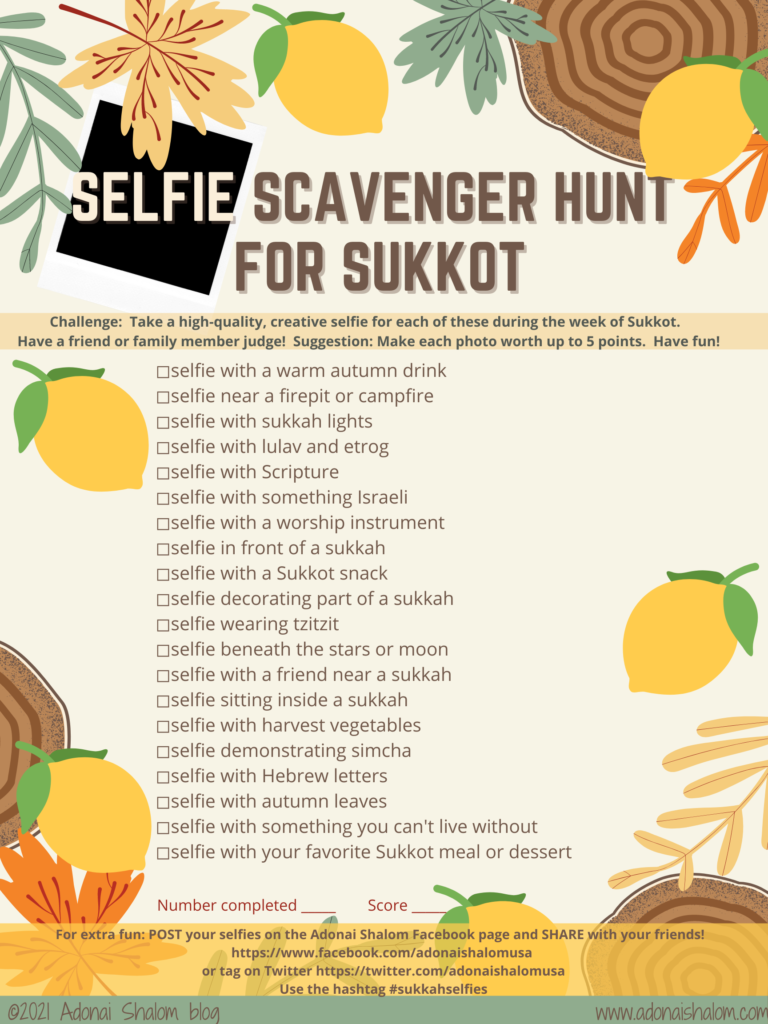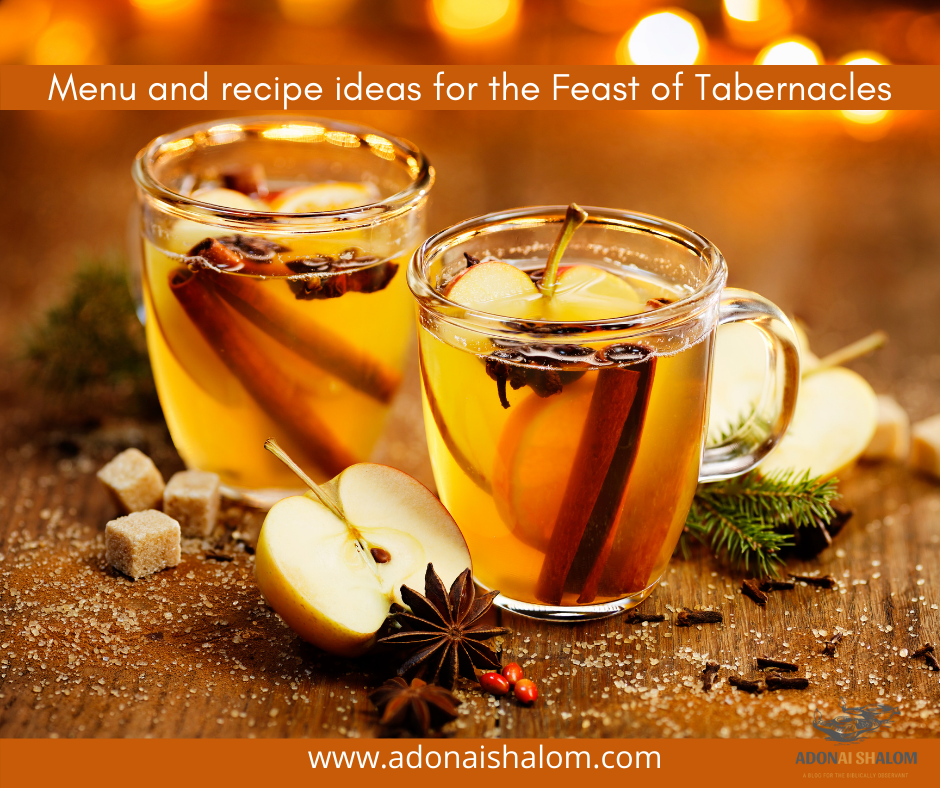The Biblical Autumn Feasts
Parashat Emor (V’yikra/Leviticus 21-24) 5782, B”H
In the springtime, we looked at the Biblical Spring Feasts.
As we near autumn, today let’s revisit that passage of Scripture from Leviticus that describes the feasts, but this time we will focus on the Biblical Autumn Feasts! Most people call them the Biblical Fall Feasts and I do admit it is easier to say . . . but since . . . Adam and Eve and the Fall . . . yeah I just personally prefer the word autumn. It’s just me, I know. A little too obsessed with linguistics. Go ahead and call them the Fall Feasts, it is perfectly fine 🙂
This post will be a quick overview on the autumn feasts. In future posts I will help us look more deeply at each of these.
Are you familiar with the autumn Biblical feasts?
The Feast of Trumpets, the Day of Atonement, and the Feast of Tabernacles are the special days outlined in the Bible that are celebrated in autumn.
Each of the Biblical Autumn Feasts can also be called by its Hebrew term:
The Feast of Shofars = Yom Teruah*
The Day of Atonement = Yom Kippur
The Feast of Tabernacles = Sukkot
*Note: Yom Teruah is more widely known as Rosh HaShanah. Yom Teruah is the literal translation for the “Feast of Trumpets” and is more Biblical. Rosh HaShanah signifies “Head of the Year” meaning this is a celebration of the Jewish New Year.
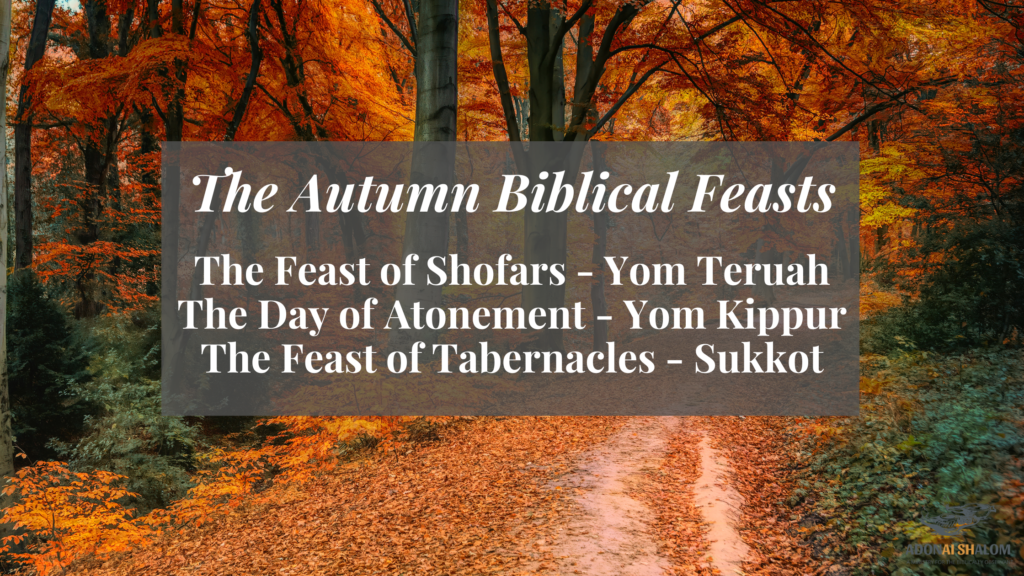
Just like the Biblical Spring Feasts, Messiah Yeshua (Jesus Christ) fulfilled the prophetic meaning of each of these Biblical autumn feasts (moedim). The Hebrew word “moedim” more literally means “appointed times.” These are appointments that God made for us – the appointed feast times to meet with our Creator! What a privilege! Throughout the year, we gather to experience these feasts. The Autumn Feasts are no exception, in fact, they are extremely eschatologically significant because they point us to the end of days.
The Feast of Shofars (Yom Teruah)
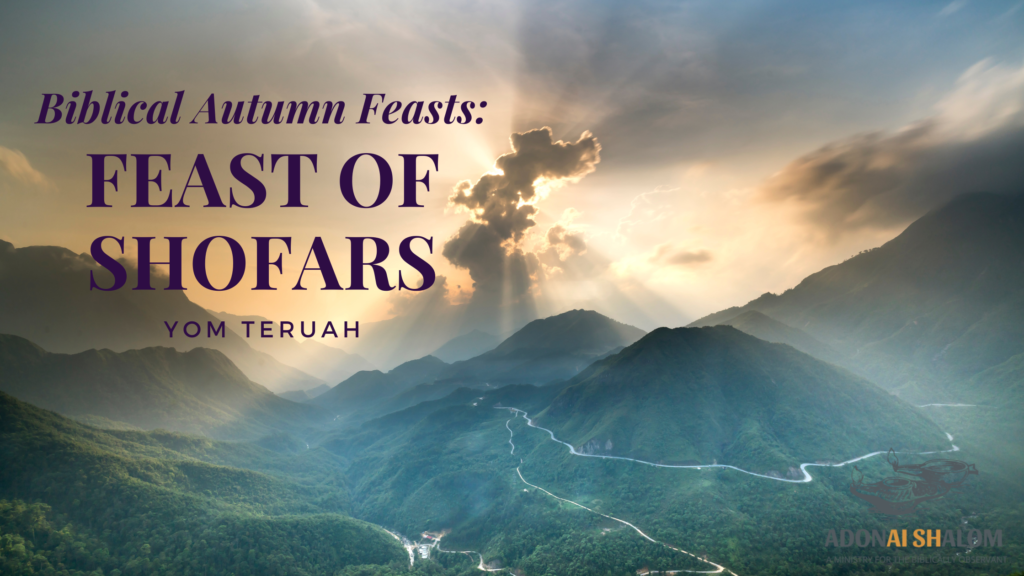
The Feast of Shofars is more commonly called “The Feast of Trumpets” in English. But most people who think of a trumpet think of a beautiful brass instrument in the marching band. This autumn feast has nothing to do with those! A more correct translation is the “Feast of Shofars.” The ram’s horn was used as an instrument – an alarm to warn and even alert the enemy.
Have you ever heard several shofars played at the same time? The sound is awe-inspiring.
If you want to have a profound experience, find a place where the shofars will sound this Yom Teruah (Rosh Hashanah)! You will undoubtedly be touched by the sheer magnitude of the sound and inspired by all it represents for God’s people.
It is like a rehearsal. We will know what to listen for the day the trumpet (shofar) sounds:
I love to hear my boys practicing their shofar skills a few days before Yom Teruah! It is a wonderful way to bring in the Hebrew New Year!
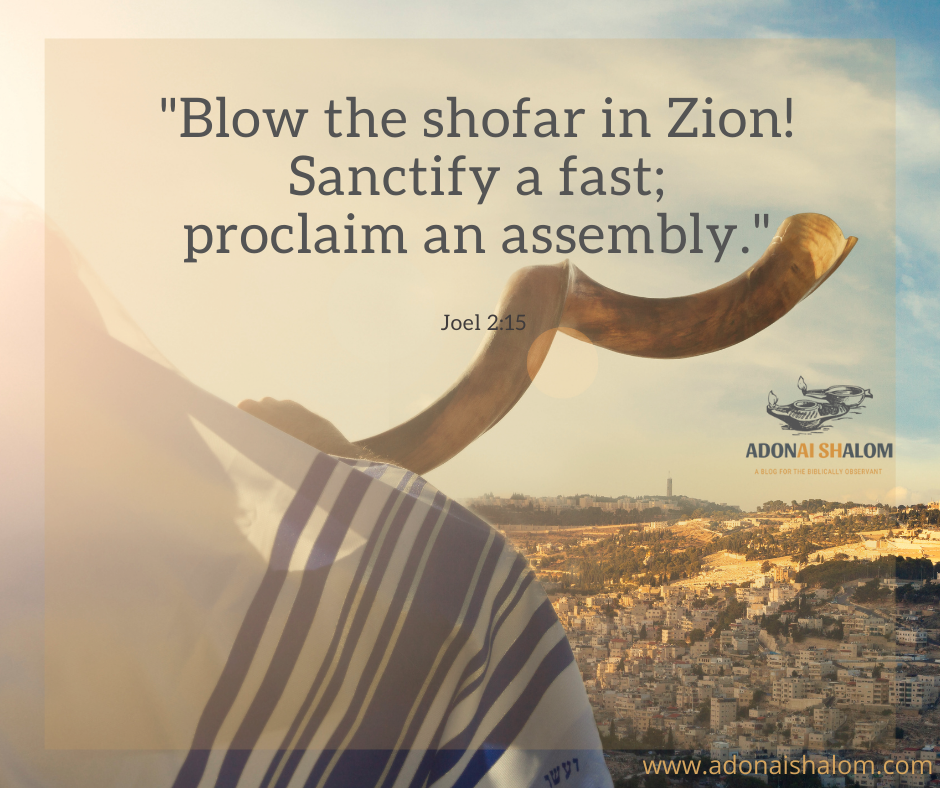
The Day of Atonement (Yom Kippur)
Another one of the Biblical autumn feasts is Yom Kippur. This is the most solemn occasion on the Jewish Biblical calendar. This is a day of fasting as people ask for forgiveness for the sins committed during the past year. When the Temple was still standing, this was the day when the High Priest would enter the Holy of Holies to make atonement on behalf of the people.
Today, we know that Messiah Yeshua (Jesus) has provided our atonement (Hallelujah!!!) so most followers of the King of all kings participate by fasting and praying for Israel.
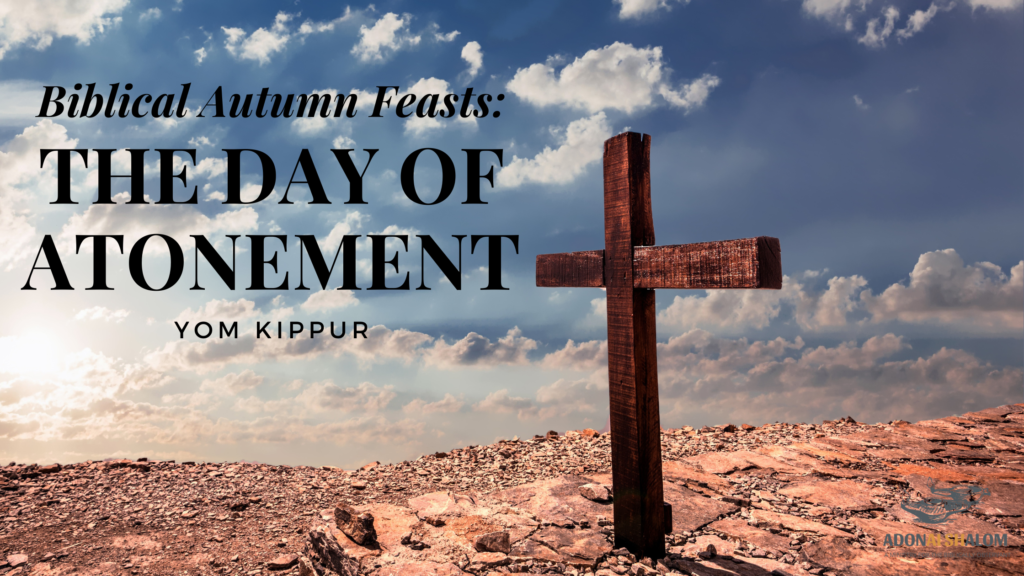
The Feast of Tabernacles (Sukkot)
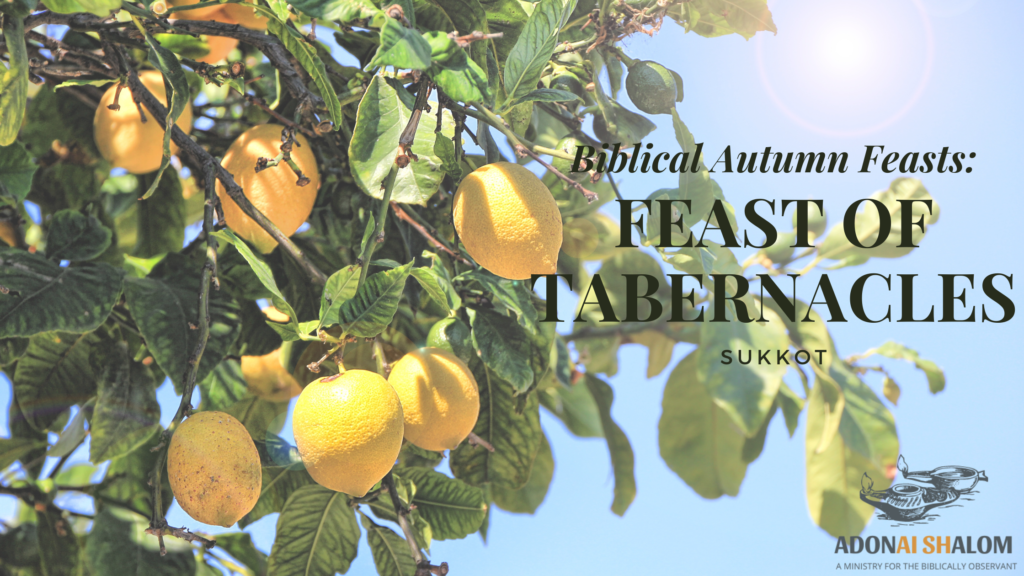
Immediately after Yom Kippur, Jewish and Messianic believers begin setting up their sukkahs (outdoor tabernacles) for the upcoming Biblical autumn feast known as the Feast of Tabernacles (Sukkot).
The Feast of Tabernacles (Sukkot) is great fun! Many English speakers know this feast as the Feast of Booths. But booths? That’s a little hard for us to understand, unless you have seen an actual sukkah.
A sukkah is a tabernacle – a temporary structure intended for nonpermanent residency!
This feast is a lot like camping (but better) and lasts for a whole week! It is definitely family-friendly!
If you’d like some ideas on how to celebrate the Feast of Tabernacles, check out this post I wrote about ways our family celebrates Sukkot. And make sure you get your FREE printable Selfie Scavenger Hunt for Sukkot!
It is said that the best time to visit Israel is during the autumn feast of Sukkot. The entire nation sets up their temporary structures. The sukkahs are decorated and there is plenty of food. Did you know it is commanded to be joyful during these holy days of Sukkot? It is truly a celebration that the LORD chose to dwell with us.
Zechariah prophecies of a future time when all the nations will celebrate Sukkot, so it is certainly something we ought to learn about and participate in to understand the full meaning of our Scriptures! It really is like a dress rehearsal for the last days!
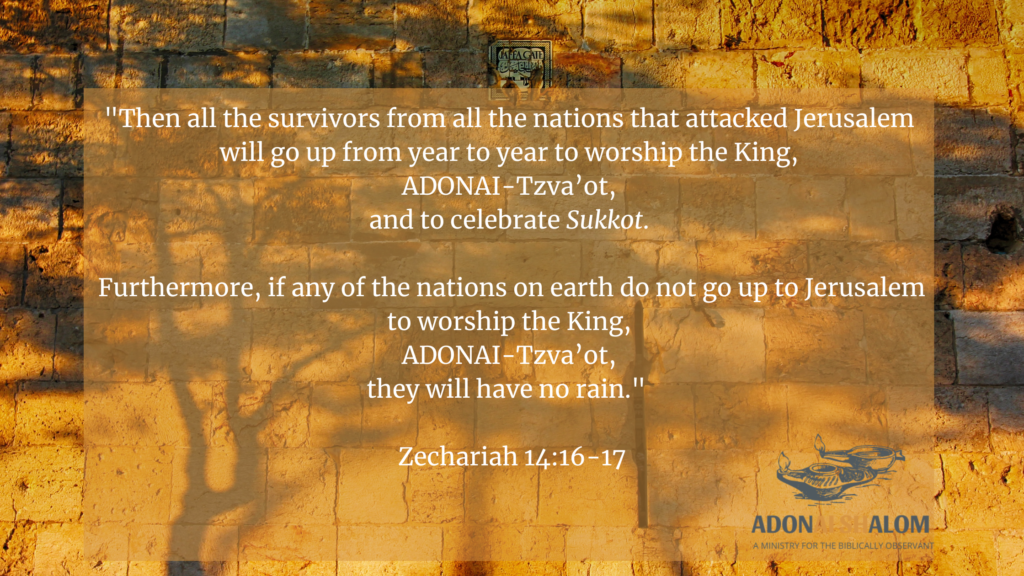
I encourage you to learn more about the Feast of Tabernacles as autumn draws near. A fun project (especially if you have boys) is to build a backyard sukkah! Invite your friends and neighbors, and you will have a wonderful time of fellowship as you live out the Word of the LORD!
For a more thorough, theological look at the Sukkot and the spiritual meaning of it, I encourage you to check out my post: “Living Water at the Feast of Tabernacles: Exploring John 7.” You will discover the reason “why” our Messiah proclaimed that He is the Living Water!
If you have questions about the Biblical autumn Feasts we would truly love to help you! And most importantly, if you have questions about the Messiah, please let us know and we would love to share the Good News with you. We hope that following the LORD at His Word is important to you and hope that this post will help you in your faith journey! Please subscribe so you don’t miss any new posts! Shalom!
L’shanah tovah! May you have a very happy New Year!
